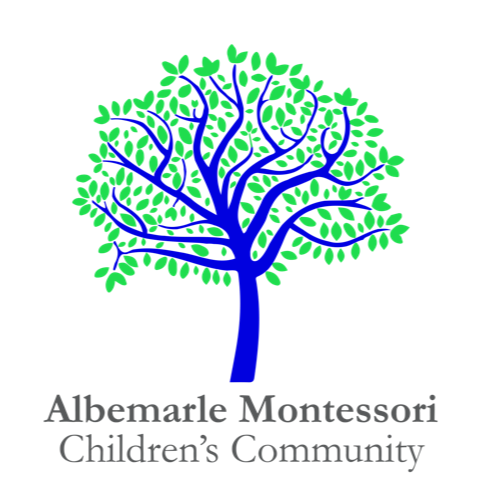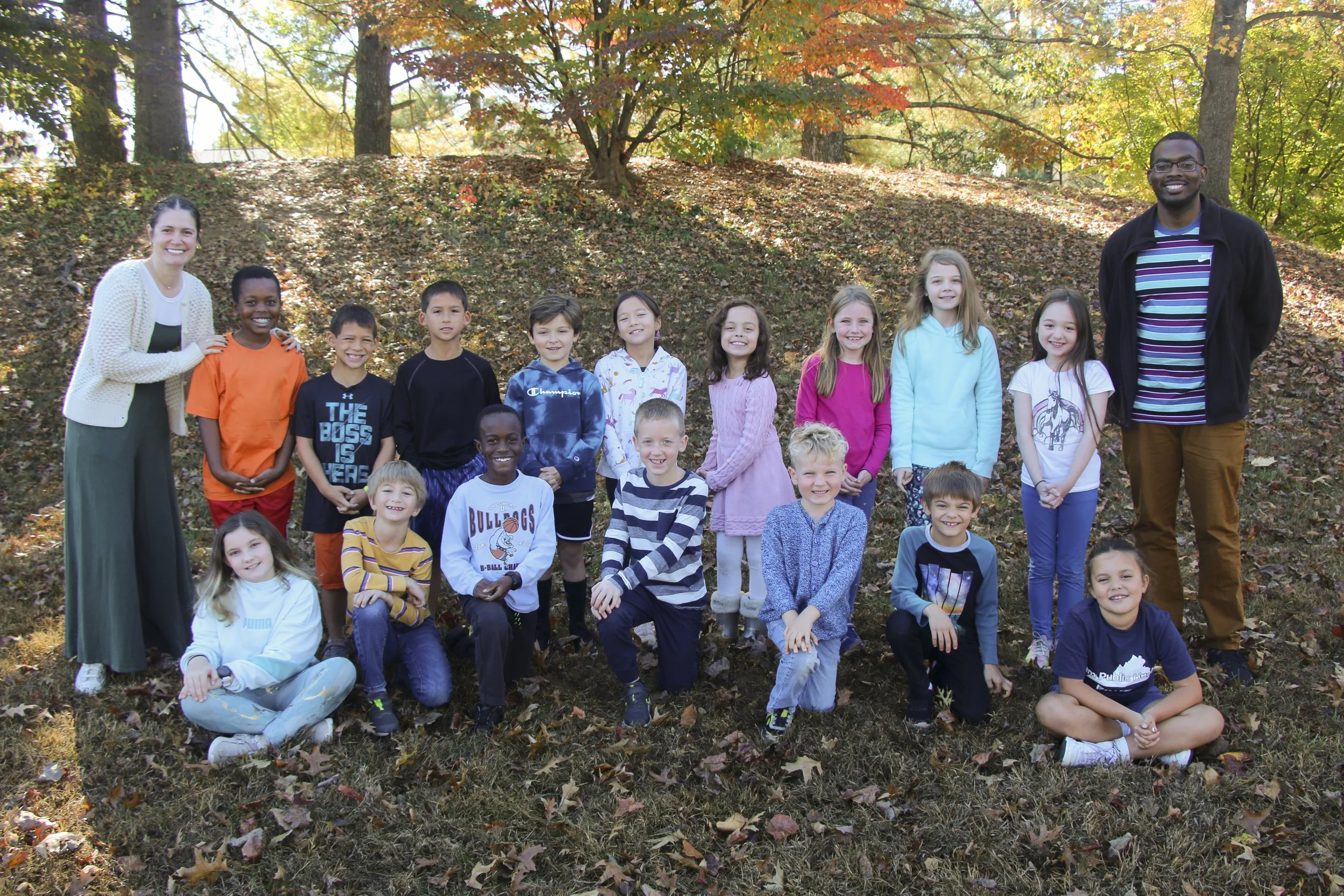ELEMENTARY (Grades 1st-6th)
The elementary curriculum is called “Cosmic Education” because we offer children a vision of the whole, the whole of creation, the universe. From this whole, children are able to fit in pieces, or the details. We provide this perspective to children because they are ready to use their reasoning minds and imaginations to conceive the whole and then explore details that comprise the whole, the universe in which they live.
This whole picture is presented through five “Great Lessons,” which are factual stories interwoven with creative impressions that expand children’s minds. Although children cannot see the universe, the passage of time, or the development of language, they can use their imaginations to understand these expansive concepts. These stories prepare the context into which all the details of traditional “academic” studies fit.
“Key Lessons” are an integral part of the Montessori curriculum. These lessons provide “keys” that open the door for children to learn and work independently, exploring until their interests are satisfied. Examples of key lessons include the function of the parts of speech, the needs of humans, and place value in mathematics. From these key lessons, children form the foundation from which they can use their reasoning mind and imagination to engage in critical thinking and problem solving.
According to Dr. Maria Montessori, six-to-twelve-year-old children are guided by specific psychological characteristics. The elementary curriculum and classroom environments strive to honor these characteristics. This is reflected in the manner in which lessons are presented and in the expectations of the children’s work. One psychological characteristics of this developmental period is a desire to be self-sufficient as children strive to attain higher levels of independence. Elementary children are more adventurous and daring, willing to take risks to learn more about the society and natural world in which they live. They have an increase in physical strength, which they use for exploration; it also enables them to work for longer periods of time. They are seeking independence from close family bonds and simultaneously striving to become members of a peer group. Finally, a desire to establish a sense of right and wrong and the development of morality is accomplished through a tendency for hero worship and their interactions within society. To provide children opportunities to interact with society (family, school, and the community), children are guided and encouraged to design and participate in Going Out trips. These trips allow children to go off campus to learn from museums, historical sites, zoos, planetariums, interviews and so forth. Thus, the “curriculum” is far more than the lessons presented by the teachers


